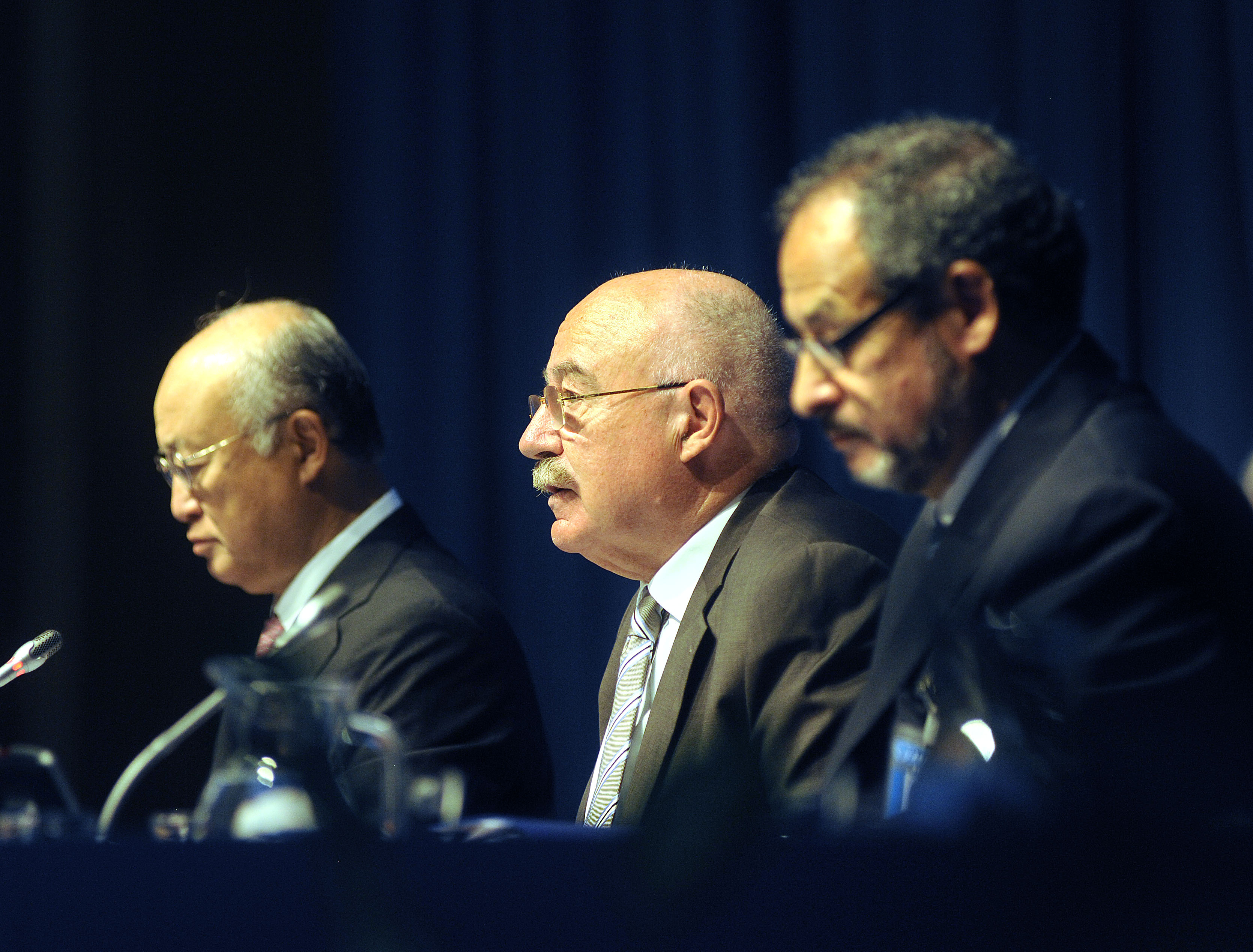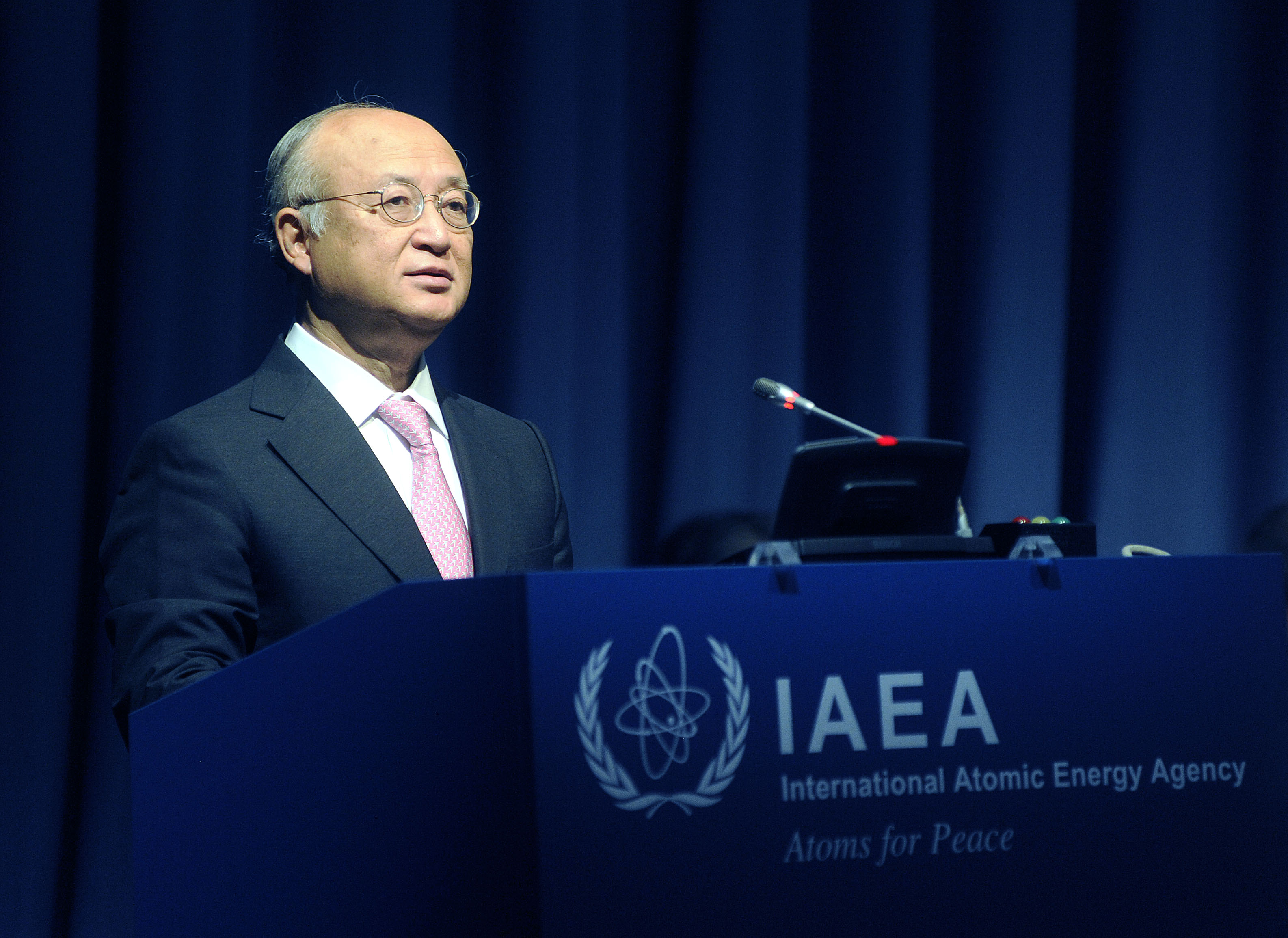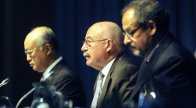A high-level meeting focusing on nuclear security held under the aegis of the International Atomic Energy Agency (IAEA) began in Vienna on 1 July, with Hungarian Foreign Affairs Minister János Martonyi as Conference President.
The five-day conference is the first open, ministerial meeting of all member states focusing on maintaining a highly effective nuclear security, including physical protection of nuclear materials and facilities, and decreasing the risk of potential thefts and terrorist acts against nuclear facilities.
In his opening remarks, the Hungarian Foreign Minister declared that the events of the past decade had demonstrated that every opportunity must be made use of to enhance nuclear security globally.

„The fight against nuclear terrorism requires that all countries work together, while performing their national responsibilities in this regard and coordinating their efforts” – János Martonyi stated. He added that the IAEA should play a central role in strengthening nuclear security globally and coordinating international activities in this field.
Yukiya Amano, the Director General of the IAEA – which has 159 Member States – claimed that although the responsibility for nuclear security within a State rests entirely with that State, international cooperation is indispensable. “Effective measures can be made only if all states take the threats seriously” – he emphasised.

Director General Yukiya Amano urged the Member States to use the IAEA’s nuclear security advisory services to check their nuclear facilities, and called on the States that have not yet done so to become party to and fully implement the Convention on the Physical Protection of Nuclear Material (CPPNM) and its 2005 Amendment.
Thirty-five of the IAEA Member States are being represented at ministerial level, including such countries as the United States, Germany, the United Kingdom, Switzerland, India, Brazil and Argentina. More than 1300 participants from 123 countries are attending the international conference on nuclear security.
(Ministry of Foreign Affairs)

